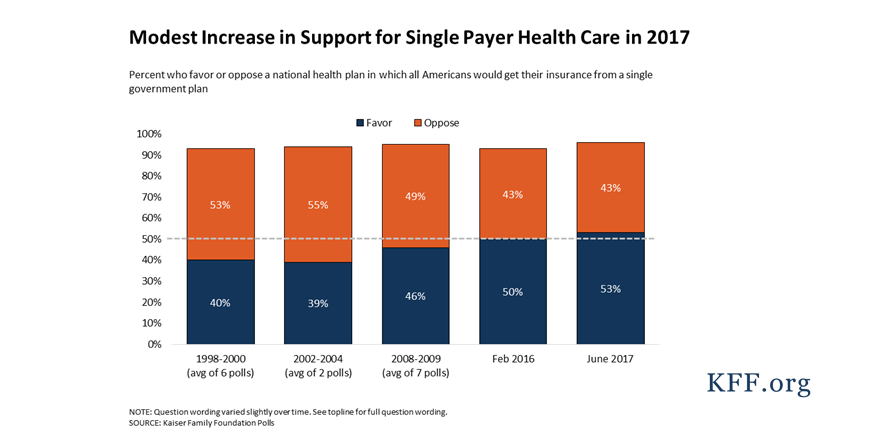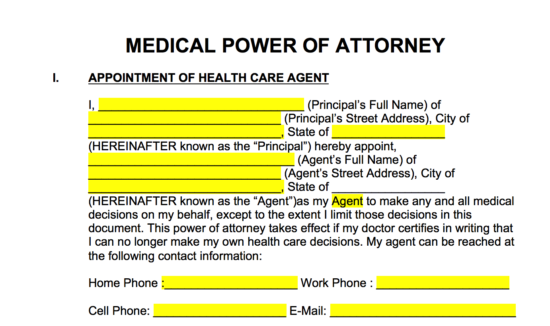To become a health inspector, you do not require to meet any specific academic requirements, but those who have an associate or bachelor's degree in occupational health, biology, chemistry, or an associated field might have a much better chance of securing employment. Likewise, there are no accreditations required for this job, however getting credentials from The Council on Certification of Health, Environmental, and Security Technologists (CCHEST) or The Occupational Safety and Health Administration (OSHA) is an excellent way to boost your credentials. From these companies, you learn the fundamentals of public health, food safety, public safety policies, examination practices, and health codes.
Program Me Schools Learn how to end up being a health inspector. Research study a health inspector salary, education, and career requirements, along with training info and the experience required for starting a profession in health examining.
Show Me Schools Discover how to become a public health inspector. Research study the education and career requirements, training details and experience needed for starting a career in health evaluation.
By Chron Contributor Updated January 15, 2021 The job of a health inspector is to protect the health and wellness of the public. Although the licensing requirements for health inspectors differ depending on the state and local jurisdiction, all people operating in the field must meet certain basic requirements. Many states and county health departments mandate that you pass a registration examination prior to you can work as a health inspector. Educational requirements vary amongst companies and the level of position you hold. Fundamental course work for health inspectors includes biology, chemistry, mathematics and physics at the high school level. People who go on to pursue a postsecondary education in the field of occupational safety and health generally earn degrees in a science or technical field.
Other courses that may meet eligibility requirements consist of anatomy, commercial hygiene and public health (What is health promotion). Degree programs provide courses in management concepts and business innovation along with basic education electives. Students enroll that cover OSHA guidelines, industrial health, mishap examination and avoidance, and hazardous products management. The U.S. Department of Labor supplies a summary of relevant academic programs varying from certificates to doctorates. People who want to work as health inspectors have the option of finishing a certificate program, earning an associate degree or completing a bachelor's or master's degree program. Health inspectors typically make a bachelor's degree in occupational health, a life sciences or environmental sciences.
Not known Facts About Who Definition Of Health
A bachelor's degree can be in any significant, although the curriculum must concentrate on courses relevant to the field of occupational security and health. Those individuals who prepare to seek accreditation needs to make an associate degree in ecological security or health or a bachelor's degree to certify. All health inspectors, despite their level of education, must be educated of the appropriate federal and state laws, as well as environmental and health policies. In addition to their official education, health inspectors get on-the-job training. The kind of hands-on training you receive depends on the kind of work environment that you examine (How much is health insurance).
Lots of employers choose to employ job applicants who have actually had previous work experience, even if the practical experience comes from an internship or externship needed to successfully complete a scholastic program. Experience working as a health inspector is a requirement for certification. While individuals operating in the field of occupational safety and health are not needed to get certification, lots of employers eventually encourage you to end up being accredited. Health inspectors get accreditation through accrediting programs such as the National Environmental Health Science and Protection Accreditation Council or the Council for Greater Education Accreditation. Several other accreditations are readily available to safety workers.
: pursue a career in the field of environmental and public health? protect the environment and vulnerable populations? make a positive distinction in your community? gain valuable job abilities, a Look at more info valuable expert license, and hands-on field experience?, an 8-week course followed by a 200-hour unsettled field training internship, supplies the knowledge and hands-on experience you need, and qualifies you to sit for the Licensing Exam. For a quick picture of the EPH program, have a look at this sales brochure. For 2021, the "classroom" part of the Environment and Public Health Program will run from May 24 to July 16. All students who successfully pass the EPH course will then be positioned in a field-training internship with a local or county health department.

The "class" portion of EPH 2021 will be held online. Trainees might attend class from the convenience and security of their own houses with making use of high-speed web and a computer system. In basic, live classes (held using the "Zoom" web conferencing tool) will occur between 8:45 and 3:30 EDT, Monday through Thursday, with some exceptions to those beginning and ending times. Attendance is compulsory. Self-paced, asynchronous (pre-recorded) classes will be used on Fridays (and can be seen that day or over the weekend), which will permit more versatility to students' schedules. Specific timing of when the internships start and end is subject to change, due to the unpredictability brought on by the coronavirus pandemic and the substantial workload it has placed on the health departments.
Listen to trainees describe what they discovered and see where they are now. Graduates of the EPH program and field training are qualified to take the New Jersey licensing exam to end up being a. In New Jersey, an REHS acts as the front-line investigator for a lot of the state's public health and environmental policies. After the 8-week online session concludes, we'll position you in a 200-hour (5-week) unsettled internship with a health department. You will acquire that matches the skills that you've learned in the EPH class and prepares you for a.

How Does International Health Insurance Work Can Be Fun For Anyone
Applications accepted from current State workers, former permanent competitive class employees https://articlescad.com/not-known-factual-statements-about-which-of-the-following-statements-is-most-true-1302792.html eligible for reinstatement and 55-b/c prospects. You should satisfy the minimum qualification. Food Inspector 1 Category of, Details Posting Specific Info Control Number * Application Due By Title Food Inspector 1, Food Inspector Student 1, Food Inspector Trainee 2 Place: City DEC Area Division/Bureau Income: Grade: $38,934 - $65,190 Effective 04/1018/13/ 14 Salary dependent upon credentials of candidate Work Hours Days Work Days Mon. - Fri. Employment Type Permanent Budgeted Item Visit Type Jurisdictional Class Competitive Bargaining Unit/MC PS&T 05 (PEF) Duties/Responsibilities To be gone over at interview Minimum Qualifications, Strictly abided by based on, Civil Service requirements - Currently in the title and an employee of DECor - Previously held the title Go to this site on a permanent competitive basis or held a title as suggested under the transfer eligible area on a permanent competitive basis.
4: Must satisfy the open competitive minimum credentials listed below; or, Qualified for transfer under Area 70. 1: Permanent competitive service as a Food Inspector 1 - How social media affects mental health. 55-b/55-c Candidates need to meet the open competitive minimum credentials below and consist of with their resume or application, a copy of the letter from Civil Service which indicates approval for the 55-b/55-c program. Open competitive minimum credentials (attended to 55b/c prospects and 70. 4 transfer eligibles): 120 college semester credit hours which should consist of 18 credit hours in specialized courses associated to: chemistry, microbiology, food quality assurance, public health, entomology, food innovation, food science, food processing innovation, food sanitation, dairy science, biology, environmental sanitation, or environmental health.